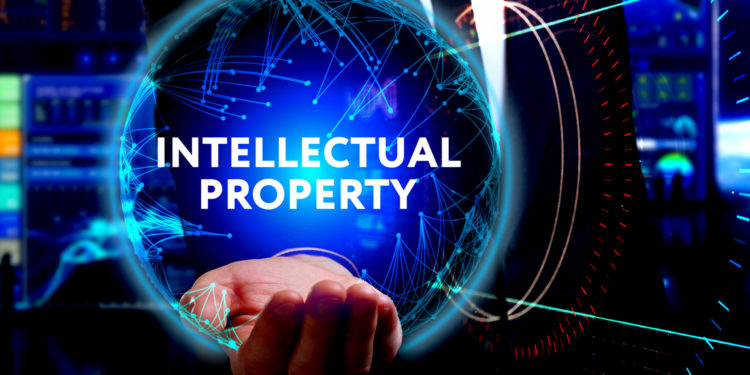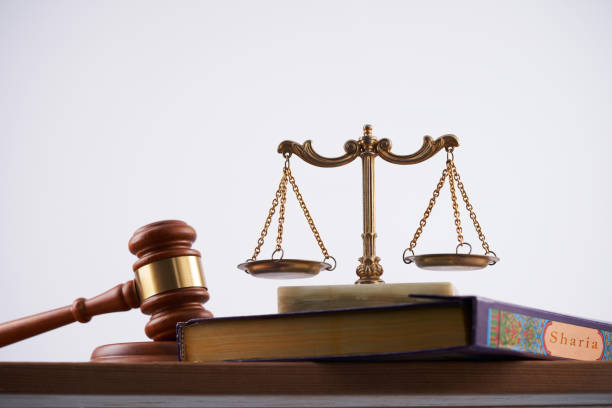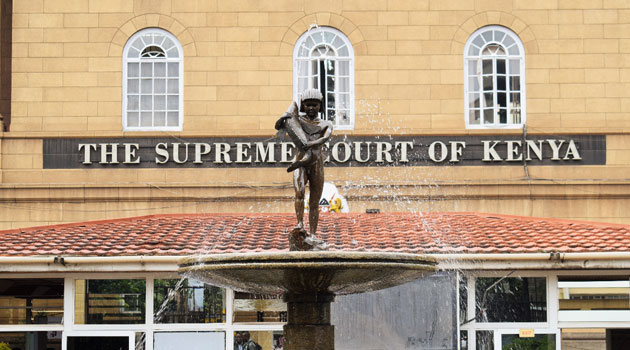Where Business Meets Law

Why Choose Us?
Our consultants have a wide range of experience from working in a Law firm, Manufacturing, FMCG, Insurance, Travel and Tours Industry and this is where the firm is best positioned to understand where businesses meet the law to the maximum win -win strategy.

Risk of Litigation
Unfortunately, in every business relationship there is the potential for conflict over agreements or operations. When such conflicts arise, there is no need to incur the expense and delays involved in traditional court litigation.

Alternative Dispute Resolution
There are readily available Alternative Dispute Resolution procedures that will enable you to resolve your disputes fairly and cost-effectively.
Legal Practices Area
What does a business look for immediately there is a possibility of litigation? It wants quick results so that it does not hinder the time and resources of the business and stray from the main focus of its core function.
Mediation is a procedure different from litigation and arbitration because it is not adversarial. The parties discuss/negotiate their disputes with the assistance of a trained impartial third person(s) who assists them in reaching a settlement.
Intellectual property is the area of law that deals with protecting the rights of those who create original works. It covers original publications, inventions and company identification marks. It encourages new technologies, artistic expressions and inventions while promoting economic growth.

Islamic Alternative Dispute Resolution
In any society if it is to exist peacefully than there be a semblance of rule and regulation through which a society governs itself. They must be fair, practicable and reflect what the society wants. The law must also be progressive so that they don’t stifle the growth of the society.
Alternative Dispute Resolutions/Consensual processes, for example collaborative law, mediation, conciliation, or negotiation, are some of the options in which the parties mutually agreed to resolve a dispute amicably.
Alternate Dispute Resolution is the best solution for resolving a dispute between parties, through which parties come to the conclusion without lingering into judicial proceedings.
The Qur’an and the Sunnah or traditions of the Prophet (PBUH), are the primary sources of Islamic law provide the basic principles of Islamic transactions and commercial laws. The Qur’an, which was later supplemented by the traditions of the Prophet, has outlined the parameters within which any economic transactions must comply (Securities Commission Malaysia, 2009: 5).
Alternative Dispute Resolution
Read Latest Updates
AI AND IT’S ROLE IN ALTERNATIVE DISPUTE RESOLUTION
AI plays a transformative role in alternative dispute resolution (ADR) by improving efficiency, reducing costs, and enhancing...
CHRISTIAN BASED MEDIATION AND A COMPARISION WITH ISLAMIC MEDIATION
Christian faith-based mediation is deeply rooted in biblical teachings about reconciliation and peacemaking, with Jesus Christ serving...
PROCEDURE TO REGISTER A PRIVATE SETTLMENT AGREEMENT IN KENYA AND A SUMMARY OF THE PROCEDURE IN EAST AFRICA.
In Kenya, the procedure to register a private mediation settlement agreement in court is governed mainly by...
CHILD PROTECTION MEDIATION AND ITS BENEFITS
Child protection mediation is a specialized form of mediation used in child welfare cases where there are...
AN OVERVIEW OF MEDIATION, ARBITRATION, AND ISLAMIC ARBITRATION TO RESOLVE DISPUTES
Mediation: Mediation is a voluntary, informal process where a neutral mediator facilitates negotiation between parties to help...
COURT-ANNEXED MEDIATION VS. PRIVATE MEDIATION
Feature Court-Annexed Mediation (CAM)Private MediationReferralCases are referred by the court after being filed.Initiated privately by the parties, either...
^Arbitration
What does a business look for immediately there is a possibility of litigation? It wants quick results so that it does not hinder the time and resources of the business and stray from the main focus of its core function.
Arbitration gives every business some fundamental reasons to choose this method of Alternative Dispute Resolution for solutions.
- The proceedings are private and not published as in court cases. This maintains the privacy of the business secrets.
- It’s definitely faster as arbitration is based on the parties schedule and dates.
- Offers party autonomy. This means parties agree to refer matters to arbitration in the future. The freedom of parties to consensually execute arbitration agreement is known as the principle of party autonomy.
- Freedom to pick an arbitrator of choice.
- Arbitrator’s decision is final and binding. Unlike in court, there are very limited avenues for appeal of an arbitral award, which limits the duration of the dispute and any associated liability.
- Reduces costs as parties can be represented by any official of the company. Not necessarily lawyers.
- Arbitral awards are generally easier to enforce in other nations than court judgments.
!Mediation
Mediation is a procedure different from litigation and arbitration because it is not adversarial. The parties discuss/negotiate their disputes with the assistance of a trained impartial third person(s) who assists them in reaching a settlement.
It may be an informal meeting among the parties or a scheduled settlement conference. The dispute may either be pending in a court or potentially a dispute which may be filed in court.
- Cases suitable for mediation are disputes in arts, commercial transactions, personal injury, all Insurance, labour related issues or community relations, divorce, domestic relations, employment or any other matters.
- There are flexible rules of procedure which do not involve complex procedural or evidentiary issues.
- It encourages parties to participate in the process so as to arrive at a mutual settlement.
- Confidentiality is maintained.
- Alternative Dispute Resolution maintains ongoing relationships between the parties.
- There is voluntary compliance of the results as compared to court judgments.
- Parties can craft their own mutually accepted agreements
LEAD CONSULTANT

Shafiq Taibjee is a lawyer by training and is a Member Arbitrator with the Chartered Institute of Arbitrators (UK) and a Certified Professional Mediator
"A word from Shafiq
"Many of our markets are fraught with uncertainty. The risk of trade disputes and financial uncertainty means that decisions regarding major investments drag out in time, and that projects are postponed.
Despite these geopolitical challenges, our premise continues to be optimistic.
The issues we deal with will continue to be important to our customers, and in 2019, we strengthened our position in several key areas where we see growth in the future."

INTELLECTUAL PROPERTY
Intellectual property rights are the rights given to persons over the creations of their minds.
Intellectual property is the area of law that deals with protecting the rights of those who create original works. It covers original publications, inventions and company identification marks. The purpose of intellectual property laws are to encourage new technologies, artistic expressions and inventions while promoting economic growth.
It is a distinct sign that will be used by your business for the product you have in mind which identifies your product to your consumers. It distinguishes it from other products. This design logo image or a combination of all three is known as intellectual property
Trademarks can be registered to protect somebody else imitating your product or using the design on their products. Most importantly and the basic reason for registration is that it gives you the legal right to defend your mark against misuse.
Yes a Trademark is regarded as a property and you can also lease it or license it to another person for use
A patent is also an intellectual property and basically it is an invention which solves a specific problem of whose rights are accorded to the inventor by the state for a specific period of time. It may relate to a product or a process. Registration of the patent is the stopping any other individual from whatever means of usage without the inventors permission.
It is a combination of lines and colours which gives a distinguished look to a product which creates a physical difference to give an edge to the marketing branding and of course sales of the product.
An industrial design adds value to a product. It makes a product attractive and appealing to customers and may even be its unique selling point. So protecting valuable designs should be a crucial part of the business strategy of any designer or manufacturer.
In Kenya an industrial design must be registered in order to be protected under industrial design law. To register you must file an application form 27 at the Kenya industrial Property Institute.
When an industrial design is protected by registration the owner is granted the right to prevent unauthorized copying or imitation by third parties. This includes the right to exclude all others from making offering importing or selling any product in which the design is incorporated or to which it is applied.
As a general rule to be able to be registered a design must meet one or more of the following basic requirements:
i) The design must be “new“ i.e it has not been disclosed to the public anywhere in the world.
ii) The design must be “original“ i.e it has been independently created by the designer and is not a copy or imitation of existing designs
iii) The design must have “individual character“ i.e the overall impression produced by a design on any informed user differs from the overall impression produced on such a user by any earlier design which has been made available to the public.

















